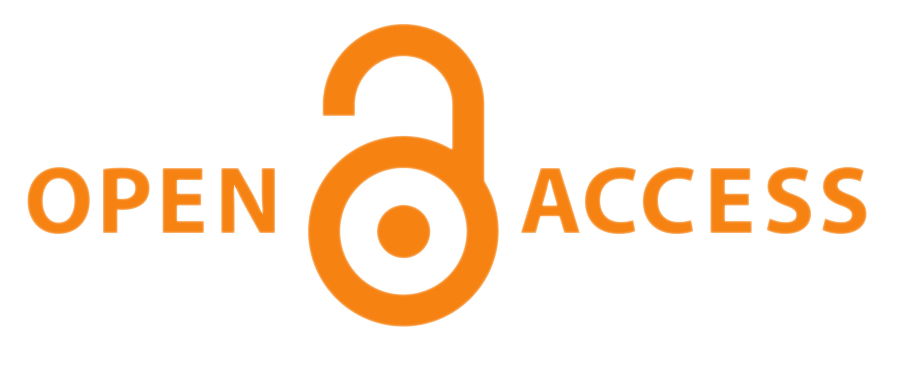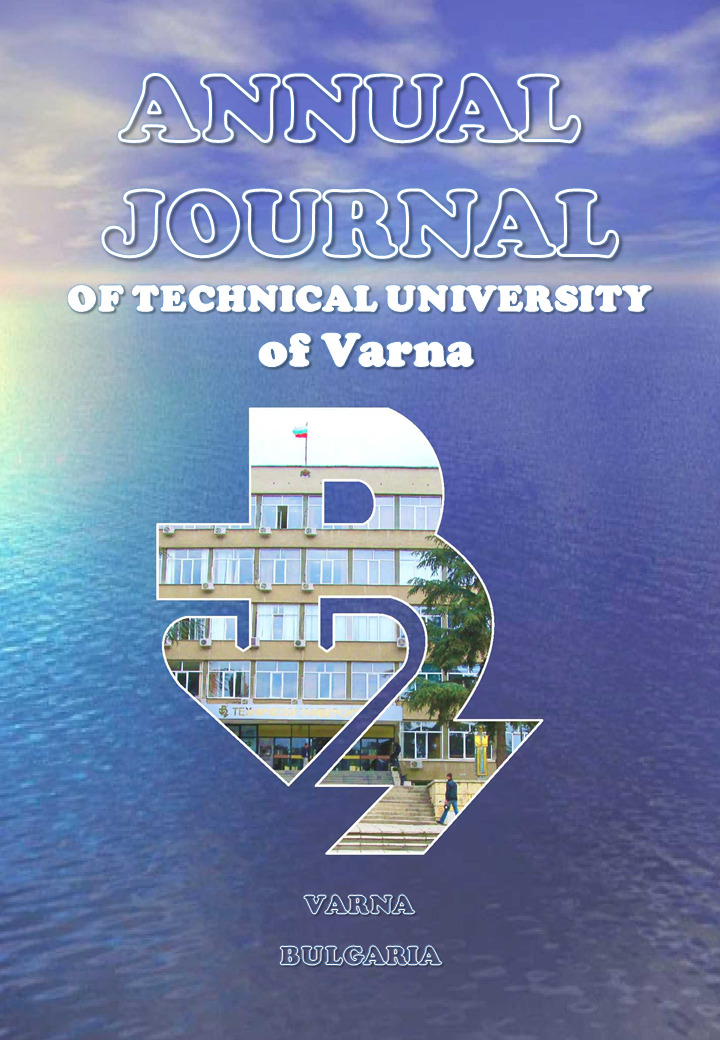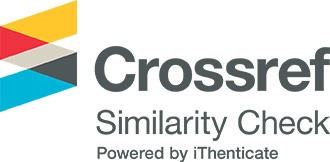The effect of Mercedes model with embedded assessment strategy and technology on biology students’ learning outcomes in Lagos Nigeria.
##semicolon##
https://doi.org/10.29114/ajtuv.vol3.iss2.139##semicolon##
Mercedes Model with Embedded Assessment Strategy and Technology##common.commaListSeparator## subject specialization##common.commaListSeparator## learning outcomesАбстракт
Abstract
Methods and strategies traditionally used in teaching science have been described by several researchers as being unsatisfactory and ineffective over many years. Hence, this study examined the effect of Mercedes Model with Embedded Assessment Strategy and Technology on Biology students’ learning outcomes. A pretest-post-test control group, quasi experimental design was adopted for the study. Two purposively selected EDs were randomly assigned to experimental and control groups. Three senior secondary schools were randomly selected from each ED. Altogether, a total of six schools in the two selected EDs were involved in the study. Two intact classes (one science and another non-science) were randomly selected from each of the six schools making a total of twelve classes. In all 568 Senior Secondary Class I biology students formed the sample size. Five instruments were used to generate data for the study, namely, Mercedes Model with Embedded Assessment Strategy and Technology in Diffusion (M2EASTID), Mercedes Model with Embedded Assessment Strategy and Technology in Osmosis (M2EASTIO). Conventional Lesson Plan on Diffusion (COLPOD), Conventional Lesson Plan on Osmosis (COLPO) and Test on Students’ Learning Outcomes in Osmosis and Diffusion (TESLOOD). Four hypotheses were formulated and tested at 0.05 level of significance. Data collected were analysed using frequency counts, means, deviation and analysis of covariance. There was significant effect of treatment on students’ learning outcomes on selected biology concepts. Also, subject specialization has a significant effect on the dependent measures. Mercedes Model with Embedded Assessment Strategies and Technology therefore was effective and significantly improved students’ learning outcomes. Hence, it was recommended that biology teachers in senior secondary schools should adopt Mercedes Model with Embedded Assessment Strategy and Technology for teaching for understanding and application of biology concepts.
Изтегляния
##submission.citations##
##submission.downloads##
Публикуван
##submission.howToCite##
Брой
Раздел (Секция)
##submission.license##
СПОРАЗУМЕНИЕ ЗА ПУБЛИКУВАНЕ
Годишника на Технически университет - Варна (ГТУВ) цели да гарантира, че постъпващите статии се публикуват, като същевременно се предоставя значителна свобода на публикуващите ги автори. За изпълнение на тази цел, ГТУВ поддържа гъвкава политика относно авторските права, което означава, че няма прехвърляне на авторски права от автора на издателя, а авторите запазват изключително авторско право върху интелектуалното си произведение.
При изпращане на статия, Отговорния автор трябва да се съгласи и приеме правилата и условията за публикуване, изложени в настоящото Споразумение за публикуване, които са както следва:
ПРЕДОСТАВЯНЕ НА ПРАВА ОТ ОТГОВОРНИЯ АВТОР
Отговорния автор предоставя на ГТУВ за времето на пълния срок на авторското право и всяко следващо удължаване или подновяване, следното:
• Неотменимо, неизключително право да публикува, възпроизвежда, предоставя, разпространява или по друг начин използва предоставената работа в електронни и печатни издания и в производни произведения в целия свят, на всички езици и във всички известни съществуващи или в последствие възникнали медии.
• Неотменимо, неизключително право да създава и съхранява електронни архивни копия на работата, включително правото да депозира предоставената работа в дигитални хранилища с отворен достъп.
• Неотменимо, неизключително право на лицензиране на други лица да възпроизвеждат, превеждат, преиздават, предоставят и разпространяват предоставената работа при условие, че авторите са надлежно идентифицирани (за момента това се извършва чрез публикуване на произведението под лиценз Creative Commons Attribution 4.0 Unported).
С предоставянето на работата за публикуване, авторските права върху материала остават на авторите. Авторите запазват всички патентни, търговски марки и/или други права върху интелектуалната си собственост.
ЗАДЪЛЖЕНИЯ НА ОТГОВОРНИЯ АВТОР И СЪАВТОРИТЕ
При последващо разпространение или повторно публикуване на предоставената работа, Отговорния автор се съгласява да идентифицира ГТУВ, в който е публикувано произведението като първоначален източник на първото публикуване на работата. Отговорния автор гарантира, че съавторите също ще посочват ГТУВ като източник на първото публикуване, когато разпространяват, преиздават или се позовават на настоящата работа в бъдещи свои публикации.
ГАРАНЦИИ ОТ СТРАНА НА ОТГОВОРНИЯ АВТОР
Отговорния автор гарантира че предоставената за публикуване работа не нарушава никои действащи нормативни разпоредби или законни права на която и да е трета страна. Същия гарантира че работата не съдържа какъвто и да е материал, който може да се възприеме от читателската аудитория като неетичен, компрометиращ, нехуманен, расистки, клеветнически и/или нарушаващ авторски и/или имуществени права, права на интелектуална собственост или поети ангажименти за поверителност към трети страни. Отговорния автор гарантира че предоставеният материал е с оригинално съдържание, не е официално публикуван в никое друго издателство, както и че не е в процес на публикуване пред други издателства. Отговорния автор също така гарантира че притежава съответните правомощия да сключи настоящото споразумение. Ако предоставяната работа е подготвена съвместно с други съавтори, Отговорния автор гарантира че всички останали съавтори са информирани и са съгласни предоставения материал да бъде публикуван в ГТУВ.
Отговорния автор лично (или от името на авторския колектив) дава съгласието си да не въвлича по никакъв начин ГТУВ като страна в каквито и да било научни, академични, административни и/или съдебни спорове, в случаите на установени нарушения на горепосочените декларации и гаранции.
ПРАВА И ЗАДЪЛЖЕНИЯ НА ГТУВ
ГТУВ се съгласява да публикува предоставения материал, в случаите когато същия отговаря напълно на всички необходими качествени, технически и редакционни изисквания, като го идентифицира еднозначно с авторите му. В следствие на настоящото споразумение, на ГТУВ се предоставя правомощие да упражнява права при необходимост от името на авторите върху трети лица, като например в случаите на установено плагиатство, нарушаване на авторски права и др.
Декларация за поверителност на лични данни
Вашите имена и имейл адреси, въведени в уебсайта на ГТУВ, ще бъдат използвани само и изключително за обявените цели на настоящото списание и няма да бъдат използвани за никакви други цели от издателя или предоставяни на друга - трета страна.
Издателят се задължава да извърши всички необходими действия, цялата предоставена лична информация да остане конфиденциална, в рамките на издателя и да не бъде споделена с външни обекти или субекти, освен ако не е дадено предварително изрично разрешение от собственика на личните данни.
Вашата лична информация няма да бъде обект на продажба, разпространение или публикуване по какъвто и да е начин и под каквато и да е форма.









